Can seaweed save the world?
Presented:
Thursday 9 March 2023, 6pm - 7.15pm, ACDT
Online & Allan Scott Auditorium, Hawke Building,
UniSA City West Campus, 55 North Terrace Adelaide
MAP
09 March 2023
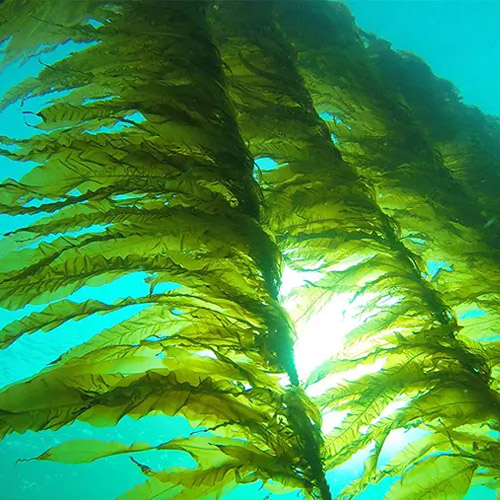
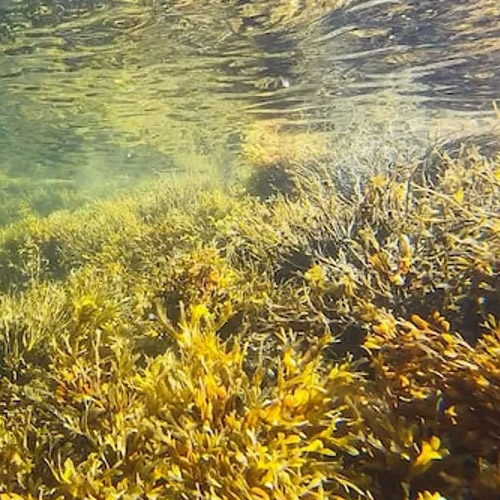
Professor Chris Daniels, Professor of Biology at the University of South Australia will be in-conversation with entrepreneur Steve Meller and Associate Professor Catriona MacLeod, Head of the Ecology and Biodiversity Centre within the Institute for Marine and Antarctic Studies, University of Tasmania.
Panellists will consider:
As well, they will discuss the multiple new applications and industries around seaweed in Australia, seaweed remediation and cultivation, reducing methane emissions and what are the roadblocks across policy and skill set.
Read more about how seaweed may provide a solution to some of the world's most pressing problems, in Can Seaweed Save The World?, authored by Panellist, Associate Professor Catriona MacLeod, and published by The Conversation.
Presented by The Bob Hawke Prime Ministerial Centre, in arrangement with WOMADelaide Festival's Planet Talks Program
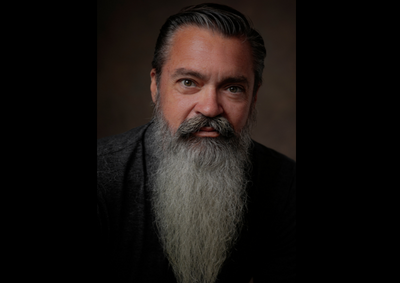
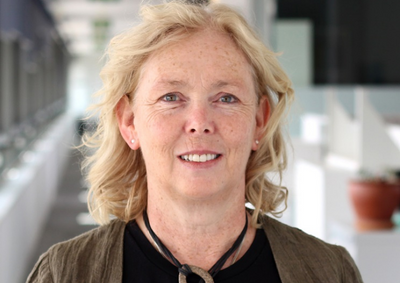
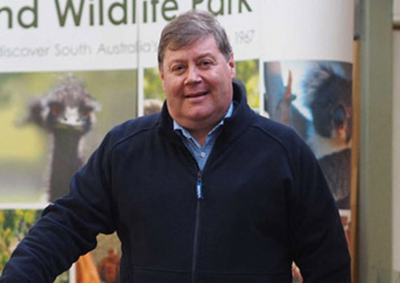

While the views presented by speakers within The Bob Hawke Prime Ministerial Centre public program are their own and are not necessarily those of either the University of South Australia, or The Bob Hawke Prime Ministerial Centre, they are presented in the interest of open debate and discussion in the community and reflect our themes of: Strengthening our Democracy - Valuing our Diversity - Building our Future. The Hawke Centre reserves the right to change their program at any time without notice.